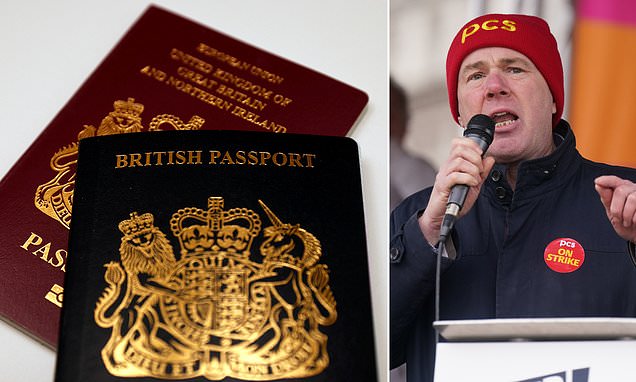PASSENGERS are being warned about making a simple mistake at airports that could ruin their holidays and leave them without any money.
Killing time in the airport is easier than ever before, with free wifi available at most transport hubs.
However, tech experts are warning travellers to be very careful about the wifi networks they connect to, with "evil twin" scams becoming more prevalent.
The scam involves hackers setting up fake wifi hotspots in the airport with names similar to that of the airport's official wifi network.
Then, when passengers try and connect to that network, they unwittingly give the hackers access to all the bank details that are stored on their computers.
Traveller Alex Carlton fell for the scam at Sydney Airport when hackers set up a convincing evil twin network.
Read More on Travel Scams
The travel scams that cost Brits thousands each year – and how to avoid them
Brit holidaymakers conned out of £7m last year – over half were from flight scams
She told Escape that she first realised something was up days later when she spotted a number of transactions on her online banking that she didn't recognise.
She wrote: "I remember the Sydney Airport Wi-Fi login process looking a bit weird. The security question asked simply, 'Where are you travelling to?' and unthinkingly I typed in 'London' and the Wi-Fi connected right away.
"A few days after arriving in the UK, I checked my bank statements online and noticed a charge made in the past 24 hours that I didn’t recognise: apparently I’d spent $43.10 on Guzman y Gomez Mexican takeaway."
Apparently smaller fast food transactions like this are popular first expenditures from hackers who want to make sure that the details will work.
Most read in News Travel
Flight makes emergency landing after birds sucked into engine
Airline to launch bunk beds in economy – and you can book 'nap' times
'Undiscovered' seaside just 3 hours from the UK with waterpark and 45p sunloungers
Amazing UK seaside pub with ‘best views’ lets you spot dolphins with a pint
However, from then on those with your details could drain your account on much greater purchases.
There are ways to avoid these scams however, even while using public wifi networks.
Comparitech advise people to use VPNs, to turn off auto-connect features on their phones and to only connect to wifi networks that are security protected.
They say: "A protected wifi network is easy to distinguish from an unprotected network. This is because you will usually need to ask the wifi hotspot provider for the password in order to connect.
"If in doubt, ask the establishment you are visiting for the name (SSID) of their wifi hotspot. This will ensure that you are connecting to the genuine hotspot and not a copy setup by a hacker.
"If a hotspot is password protected, it should also have been set up with proper WPA2 or WPA3 encryption. This protects your data from being intercepted when it passes from your device to the router."
Sadly wifi isn't the only threat to your data in airports.
According to CBS News Boston, the FBI in America has told the public to avoid using public USB ports to charge their mobile phones and other electronic devices.
In a post on Twitter, FBI Denver wrote: "Avoid using free charging stations in airports, hotels or shopping centers [sic].
"Bad actors have figured out ways to use public USB ports to introduce malware and monitoring software onto devices.
"Carry your own charger and USB cord and use an electrical outlet instead."
The tweet from the FBI describes a scam called "juice jacking" where hackers drain information from your phone while you use a public USB charger.
The Los Angeles District Attorney’s Office further explained the scam, they said: "Criminals load malware onto charging stations or cables they leave plugged in at the stations so they may infect the phones and other electronic devices of unsuspecting users.
"The malware may lock the device or export data and passwords directly to the scammer."
Read More on The Sun
I helped my son have a baby AFTER he died – now I’m 68 and changing nappies
Stepmum splits opinion with OTT gown she picked out for daughter’s wedding
Meanwhile, this power bank can remotely charge four items all at once, making it perfect for travellers.
And some travellers have suggested that if you attach your keys to your charger, you will never forget it.
Source: Read Full Article












